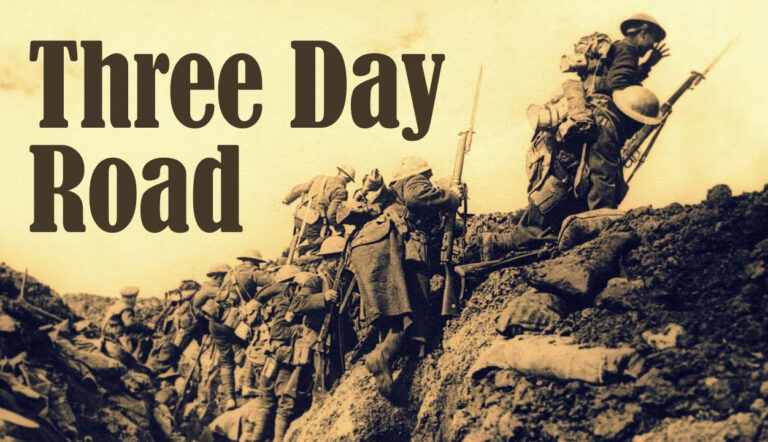Round-Down: Author Solutions Faces Author Problems
Back in 2013, three writers sued Author Solutions, a self-publishing service, citing a list of grievances against the company. Andrew Albanese’s article at Publisher’s Weekly notes that the authors claim Author Solutions “misrepresents itself, luring authors in with claims that its books can compete with ‘traditional publishers,’ offering ‘greater speed, higher royalties, and more control for its authors,’ [and] profits from ‘fraudulent’ practices. . . including ‘delaying publication, publishing manuscripts with errors to generate fees, and selling worthless services, or services that fail to accomplish what they promise.’” The purported misrepresentation of Author Solutions as an independent publisher is called into question. The full complaint can be read here.
Now, the case against Author Solutions is growing and seeks class-action status. In Albanese’s update of the case, he mentions that attorneys for the self-publishing service claim these authors “have invented out of whole cloth a purported ‘deceptive scheme’ in an attempt to indict [Author Solutions’] entire marketing operation and its senior management.” It can be difficult to ferret out the extent and veracity of these complaints only from reading—why is the case proceeding? But it is important to acknowledge that Author Solutions, when it comes to its marketing, has a history of complaints and cautious warnings from targeted authors who have purchased services and chose to publish with Author Solutions or one of its imprints.
Jodi Foster’s part of the complaint document is especially concerning with regard to iUniverse (an Author Solution imprint) marketing practices. Essentially, it is alleged that certain designations, “Editor’s Choice” and “Rising Star,” were offered based on a book’s merit—but also offered contingent on the purchase of services to the desired end of helping the book earn those designations (the document cites the services claimed to help “with structural work such as [point of view] and characterization”). Who makes up the board that decides the allocation of these designations was also alleged to be unclear, as was the market effect of having a book that has earned its “Editor’s Choice” status.
Self-publishing services such as Author Solutions have sure utility that’s important to acknowledge: family histories, eclectic stories, and writing that would not find traditional homes is made permanent and actual. But when an eye is turned toward marketing the self-published book, things get slippery.
It seems the problem is not that Author Solutions is centrally concerned with the wrong question—of how to make an object instead of how to make art—but rather that it may be seeking to posture as a confusing conflation of traditional old- and new-guard publishing by offering marketing services at all.
In offering marketing services, Author Solutions is implicating itself as a potential, if not established, advocate for the books it publishes. But by its very mission, and in its very essence, Author Solutions does not select which works it publishes—it publishes on-demand. This necessary drive for distinction within Author Solutions’ enormous catalog has the potential for real mess and waste. In tapping its authors for money for these services, Author Solutions fails to be any real advocate altogether. Basically, the designations of “Editor’s Choice” and “Rising Star” stand in for the great passion behind traditional publishers. Just as it is the reason for the competition, the wait, the difficulty, that passion is the real advocacy, the genuinely impassioned and only true marketing.
This is only part of the problem claimed by some of those who have used Author Solutions services and are moving forward with the lawsuit against the company. With the recent call for others who have experienced similar treatment to step forward, it’s very possible the case against Author Solutions may quickly grow.



